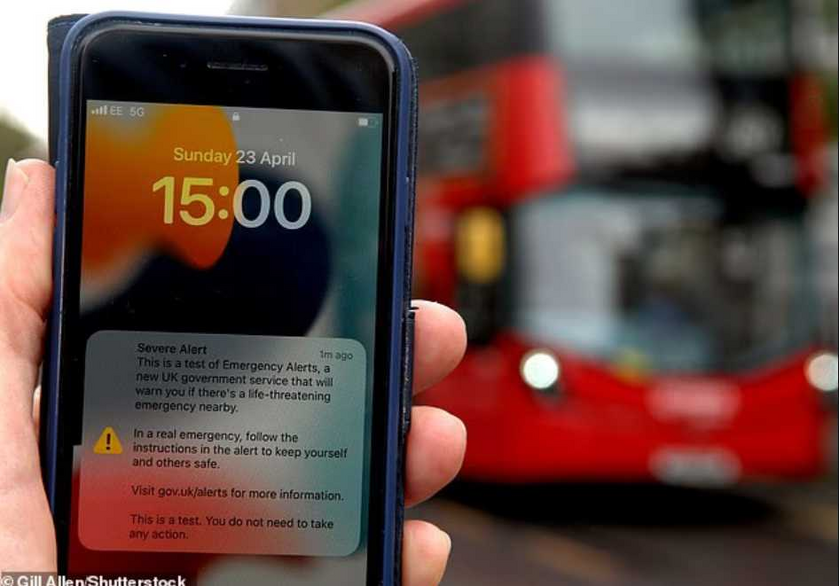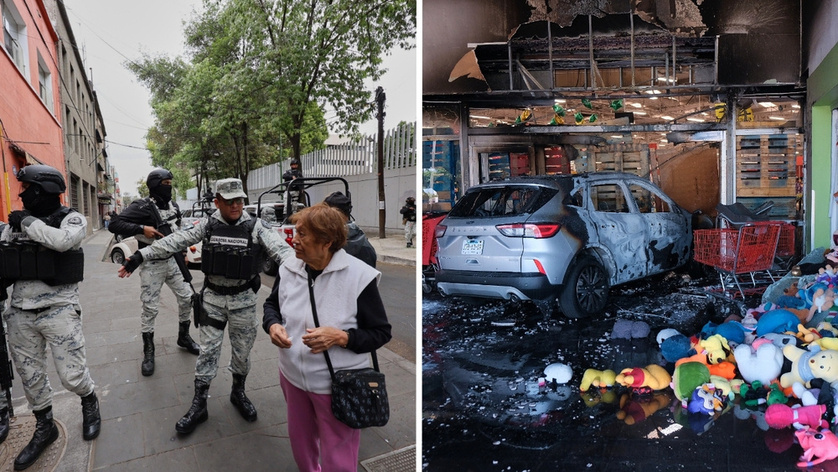The UK government conducted its second nationwide test of the Emergency Alerts system on Sunday at 14:00 UTC (3:00 PM), sending a loud siren and vibration to millions of mobile devices connected to 4G and 5G networks.
The alert message on phones clearly stated it was a test and explained the system’s purpose: to warn people of imminent dangers such as extreme weather, flooding, or terrorist attacks.
The test, which lasted approximately 10 seconds, was designed to warn the public of a potential life-threatening emergency and was successfully received by tens of millions of phones across the country, according to Prime Minister Sir Keir Starmer and government officials.
The alert caused disruptions to several major sporting events, including a pause in the Ireland v New Zealand Women’s Rugby World Cup match and a delay to the Super League derby between Hull KR and Hull FC, while fans at England’s third ODI cricket match against South Africa were warned in advance.
The test was the second nationwide drill since the system's first test in April 2023, with the government emphasizing the importance of public familiarity with the alert to ensure safety during real emergencies.
Despite the overall success, some users reported issues, including delayed alerts (e.g., one user noting the alert went off at 3:01 PM), garbled messages on certain devices, and unexpected reactions from hearing aid users and pets.
The government confirmed that the alert was broadcast correctly and that any incorrect messages were likely due to individual handset issues, not a systemic failure.
The system has previously been used for real warnings five times in the past two years, including during Storm Eowyn in January 2025, which affected 4.5 million people in Scotland and Northern Ireland, and a 500kg unexploded WWII bomb alert in Plymouth in February 2024.
The government had conducted a public information campaign in advance, including announcements at rail stations, motorway signs, and materials in British Sign Language, to prepare the public and assist vulnerable groups like domestic abuse victims who may wish to opt out.















